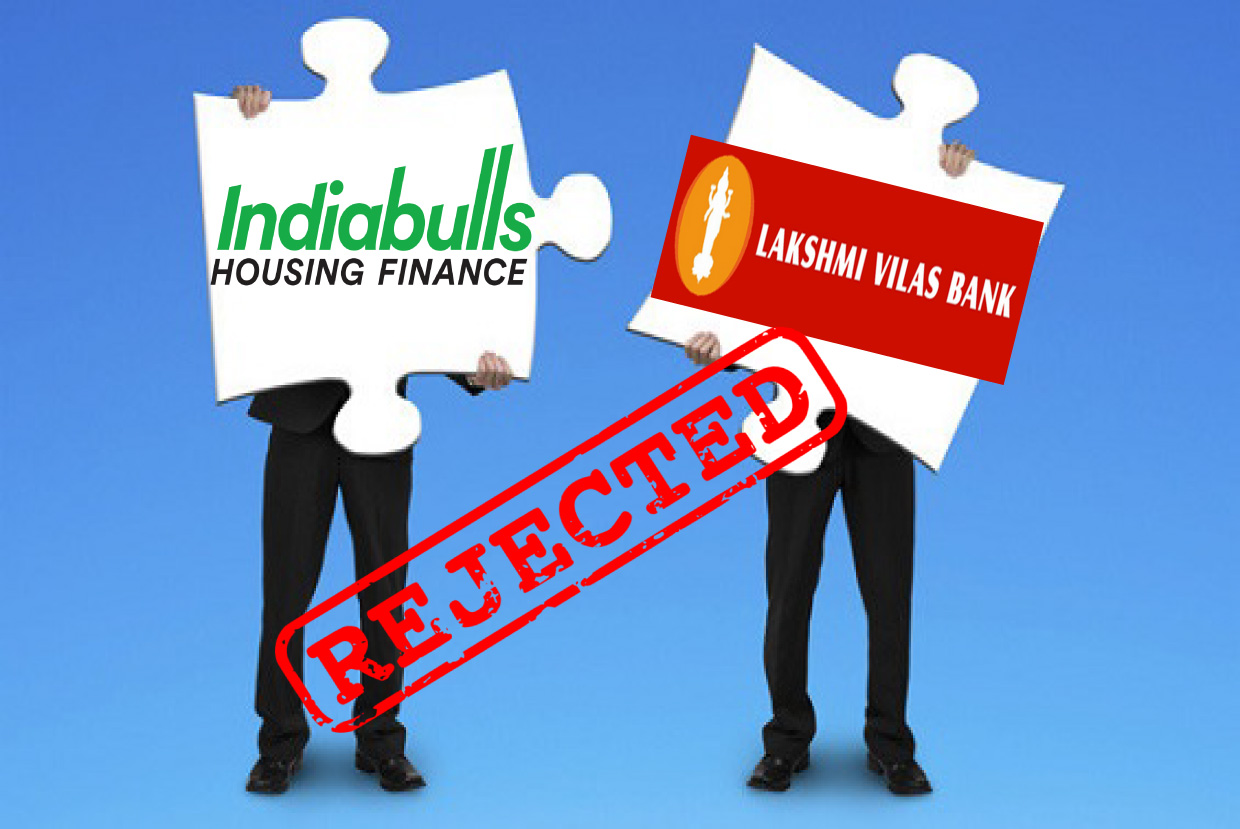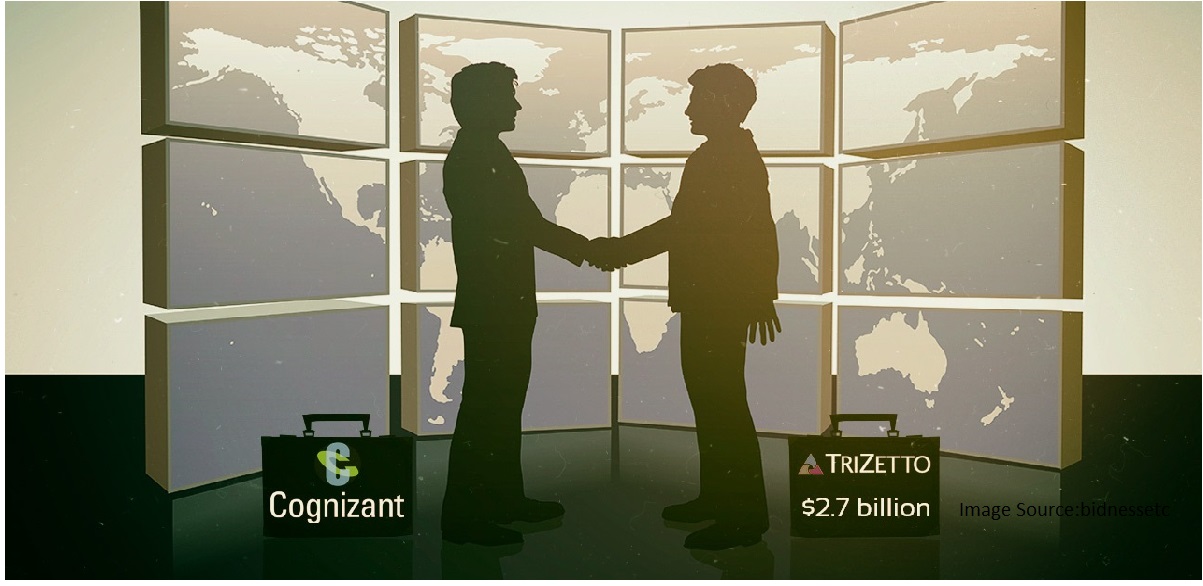Mumbai: Ummeed, a Delhi-based housing finance company focused on affordable housing in the north and central India, has raised $3.5 million in a Series A round of funding from impact investor Lok Capital and Duane Park.
This is the maiden investment from Lok’s third fund—Growth Catalyst Partners—which achieved its first close of $40.5 million in June. Lok Capital’s investment in Ummeed is the third investment in this sector by the investor, following earlier investments in Aptus and SEWA Grih Rin.
Vishal Mehta, co-founder and partner at Lok Capital, and Anurag Bhargava of Duane Park will join the board of Ummeed.
The institutional funding will fuel Ummeed’s expansion plans as well as boost the deployment of technology towards achieving greater operating efficiency.
Founded in January 2016 by Ashutosh Sharma, a seasoned banker with over 25 years of experience at Citigroup Inc., HSBC Holdings Plc. and Bank of Montreal, Ummeed focuses on providing housing finance access to families with low, informal income.
The operating team consists of professionals with extensive small-ticket mortgage experience at AU Housing, Magma FinCorp Ltd and Shubham Housing Development Finance Co. Pvt. Ltd.
Ummeed’s focus is on affordable housing finance loans in the range of Rs3-25 lakh, Sharma said.
“We are focussing on people with informal incomes. If you look at many of the banks and the larger NBFCs, they find it easier to dole out loans to people with salaries and people who have formal incomes and tax records. But in our country, almost 90% of the population does not fall into that category. Therefore, the market we are targeting is quite huge and underserved,” he said.
According to Sharma, the company will follow a hub model instead of having several smaller branches in various micro-markets.
“We believe that you can serve multiple micro-markets through a hub. With the right technology such as a mobility platform, tech for faster credit scoring, you can efficiently serve a 30 to 50-kilometer radius without having to repeat brick and mortar,” said Sharma.
The company, which received its license from the National Housing Bank (NHB) in July, recently started operations with its first hub in East Delhi and plans to have 11 such hubs operating across north and central India, targeting 1500 customers in the next 12 months.
“Our aspiration is to create a significant business in the next five years across north and central India, which could be 25-30 hubs,” said Sharma.
The immediate next hubs will be opened in Chandigarh and Jaipur, said Sharma, adding that by end of the current financial year, the company will have around four operating hubs.
With a strength of seven to 10 people per hub, they can each generate assets of around Rs.25-30 crore on a full-year basis, said Sharma.
The affordable housing finance space has been witnessing a lot of interest, not just from impact focused investors but also traditional private equity funds.
Last week, Mint reported that Morgan Stanley Private Equity was in talks with Jerry Rao’s affordable housing finance company Home First Finance Co.
In August, Mint reported that Delhi-based Shubham Housing Development Finance Co. Pvt. Ltd was looking to raise around $100 million from PE funds.
In February, Kedaara Capital and Partners Group acquired the housing finance business of small-finance-bank licensee Au Financiers for around $140 million.
According to a report by research house ICRA, the total outstanding housing credit in India as on 31 March 2016 stood at around Rs12.5 trillion, against Rs10.5 trillion as on 31 March 2015—an annualized growth of 19%.
Within overall housing credit, the affordable housing segment for housing finance companies grew at a fast pace.
As per ICRA’s estimates, the total loan book of all players in the affordable housing segment stood at Rs95,700 crore as on 31 March 2016, indicating a growth of 28% during the year. New players in the affordable finance space nearly doubled their portfolio to Rs14,000 crore.
“Opportunities for growth are high for the segment given the current low penetration levels as well as the government thrust on the affordable housing segment. Overall, ICRA believes that the affordable housing segment offers good growth potential and could report reasonable returns over the long term,” the report said.
Source: Mint



